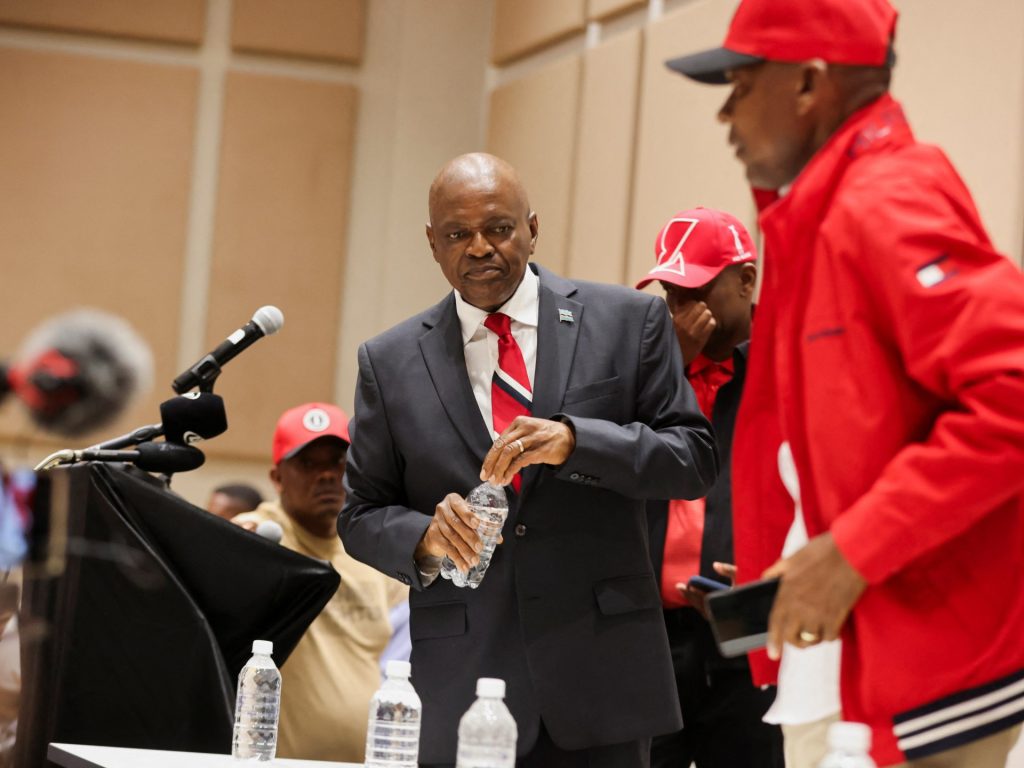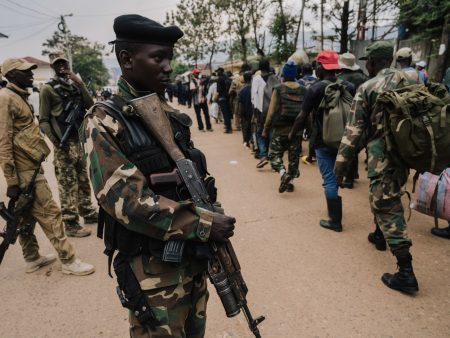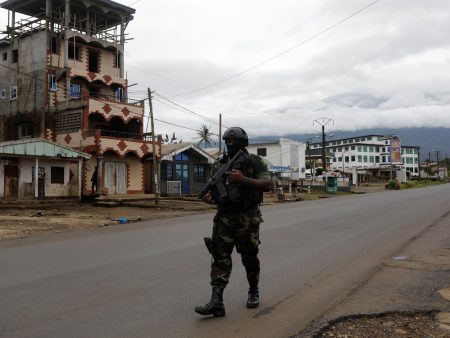The recent presidential election in Namibia saw Netumbo Nandi-Ndaitwah of the ruling SWAPO party emerge victorious, setting the stage for her to become the country’s first female leader. However, her victory was tempered by SWAPO’s disappointing performance in the parliamentary elections, where the party barely retained its majority. This outcome underscores a broader trend across Southern Africa: the decline of liberation movements turned political parties. SWAPO, once dominant, has seen its electoral support steadily erode since its peak in 2014. This decline reflects growing public dissatisfaction with the party’s handling of pressing socioeconomic challenges, including persistent poverty, high unemployment, and unequal access to essential services. The Fishrot scandal, a major corruption case implicating senior SWAPO figures, further damaged the party’s reputation and fueled public disillusionment.
SWAPO’s struggles mirror those of other former liberation movements in the region. In Botswana, the Botswana Democratic Party (BDP), which had ruled uninterruptedly for 58 years, suffered a crushing defeat in the October elections, winning only four seats. This dramatic fall from grace was attributed to years of sluggish economic growth, high unemployment, and allegations of corruption against former President Mokgweetsi Masisi. Similarly, in South Africa, the African National Congress (ANC) lost its parliamentary majority for the first time since the end of apartheid in the May elections. The party’s declining vote share reflects widespread frustration over unemployment, inadequate service delivery, and rampant corruption involving senior officials. These scandals have eroded public trust and undermined the ANC’s once-unassailable moral authority.
The decline of these liberation movements can be attributed to a complex interplay of factors. Firstly, the initial euphoria and unity that accompanied independence have gradually faded, giving way to more nuanced political landscapes and diverse societal demands. Secondly, these parties have struggled to adapt to the challenges of governing in a post-colonial era, often failing to effectively address issues such as poverty, inequality, and unemployment. Thirdly, allegations of corruption and self-enrichment within the ranks of these parties have severely tarnished their image and eroded public trust. Finally, the rise of new political actors and a more informed and demanding electorate have created a more competitive political environment, challenging the dominance of these long-ruling parties.
However, the decline of these parties has not always translated into a smooth transition to more democratic and accountable governance. In some cases, former liberation movements have resorted to increasingly authoritarian tactics to cling to power. In Mozambique, Frelimo’s recent electoral victory was marred by widespread irregularities, political violence, and restrictions on freedom of expression. The party’s long rule has been characterized by failures to address poverty, lack of access to basic services, and widespread corruption. Similarly, in Tanzania, the ruling CCM party secured an overwhelming majority in local elections, but the process was tainted by arbitrary detentions, enforced disappearances, and restrictions on political freedoms. These actions suggest a desperate attempt to maintain power in the face of declining public support.
In Zimbabwe, ZANU-PF, another former liberation movement, has maintained its grip on power through repression and electoral manipulation. The party’s long rule has been marked by human rights abuses, economic mismanagement, and a systematic dismantling of democratic institutions. Similarly, in Angola, the ruling MPLA secured a narrow victory in the 2022 elections, but the process was marred by efforts to suppress dissent and control the narrative. These examples highlight a concerning trend: as former liberation movements face declining popularity, they are increasingly resorting to authoritarian tactics to maintain their hold on power, undermining the very democratic principles they once fought to establish.
The declining fortunes of liberation movements in Southern Africa raise important questions about the future of democracy in the region. The promises of freedom, equality, and prosperity that accompanied independence have, in many cases, remained unfulfilled. As these parties struggle to adapt to the changing political landscape and address the needs of their citizens, they risk losing their legitimacy and paving the way for instability and further democratic backsliding. The challenge for these countries is to find ways to strengthen democratic institutions, promote accountability, and ensure that the hard-won gains of independence are not squandered. The transition from liberation movements to truly democratic political parties is proving to be a complex and challenging process, one that will require sustained effort and vigilance to ensure that the aspirations of the people are finally realized.










